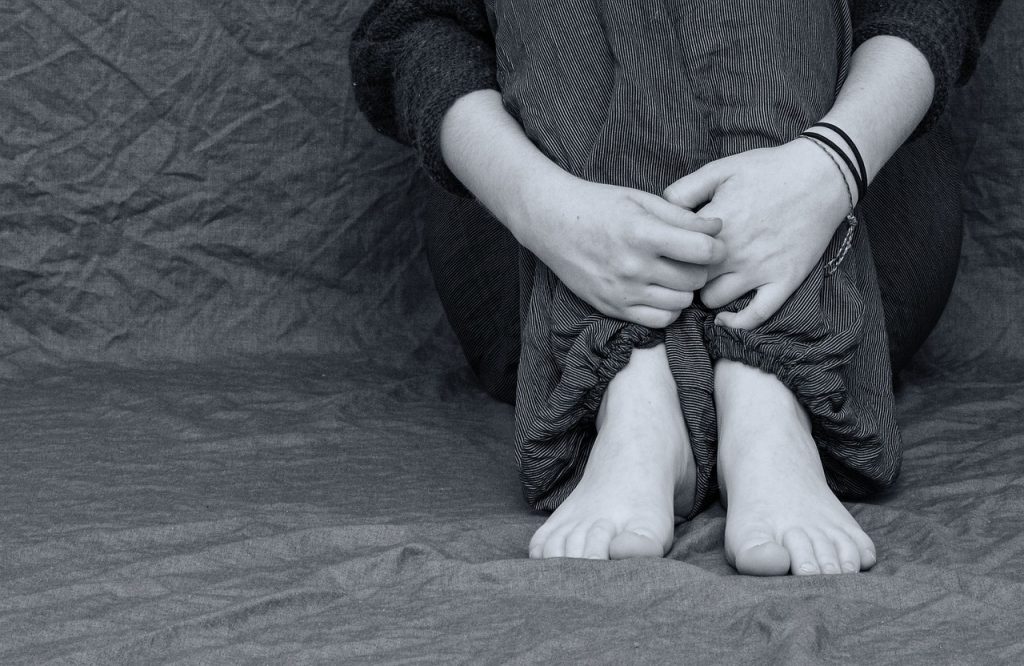
Source: pixabay.com
Last week, a brief overview of a sociopath was revealed. This week, more information about Antisocial Personality Disorder will be discussed.
Categories For Sociopathy
James Fallon of The Psychopath Inside categorizes sociopathy in four different states:
- Interpersonal or interactions with people. A sociopath is insincere and can’t get into serious relationships with other people. They can easily charm others and get attached or be caring; however, all these are untrue. Known as pathological liars, they use dishonesty to get what they want.
- Affective or their feelings. A person considered to be a sociopath does not recognize compassion. According to Liana Georgoulis, PsyD “People considered sociopaths are classified as having antisocial personality disorder (APD). Although individuals with this condition can be dangerous, be aware that many are not violent or “bad people”, but simply do not feel the guilt or sense of compassion that most of us have.” They can’t view things like other people can or pay attention to how other people can be sensitive.
- Behavioral or having unpredictable behavior. These kinds of people are usually considered unreliable and cannot be trusted at all, unable to set targets or comprehend the responsibility of the actions they have committed.
- Antisocial, which is the most crucial fact that identifies a sociopath. “Sociopaths are people with antisocial personality disorder. The essential features of a personality disorder are impairments in interpersonal and self functioning along with the presence of pathological personality traits,” according to Sharie Stines, Psy.D. A sociopath seems to be alone in this world, distant from community and any interactive relation. The rule of society means nothing. Therefore, they have juvenile criminal behavior and criminal details, just like a psychopath.
Sociopath Versus Psychopath

Source: pixabay.com
Many people have been mixing and interchanging the word sociopath and psychopath. They are both mentally unstable, to put it in “good words,” but these two mental health illnesses have their differences. They are just like twins, with connections and ties, but are also different and distinct in some characteristics and indicators.
While psychopaths are also sociopaths, sociopaths are not psychopaths because sociopaths show fewer and more terrifying indicators than a psychopath.
Psychopaths are fearless (a psychopath may start a fistfight and may sound like a drunken man who is looking for someone to beat). A sociopath can be cautious and will protect himself if he feels that it can be dangerous for him.
A psychopath can be hasty, having no concern for the consequences of his actions. But a person with sociopathic tendencies will form a scheme and make a bond with family and friends. Of course, this is all a plan to manipulate other people. This idea is even made more true with Kelly McAleer, Psy.D.’s statement “He or she will con and manipulate others with charisma and intimidation and can effectively mimic feelings to present as “normal” to society.”
Imagine a sociopath and a psychopath together? Sounds like a horror movie!
Is There Treatment For A Person With Sociopathy?
It is not very obvious for a person to display his indicators of antisocial personality disorder in the first instance. With that, people can be fooled by someone with ASPD, which is why they must also be aware of the signs. Usually, you will find people with this disorder in courts due to a crime that they did. As a result, the judge will issue them a psychological treatment.
They can improve, but it will be a tedious process because people with ASPD are not aware of their issue. Even if there are therapy programs, with their in denial state, treatment can be slow.

Source: pixabay.com
Cognitive Behavioral Therapy (CBT) focuses on modifying behavioral techniques. It is not a cure for ASDP but can manage its harsh indicators. There are also other types of therapy, such as psychotherapy, talk therapy, and group therapy catered for people with sociopathic tendencies.